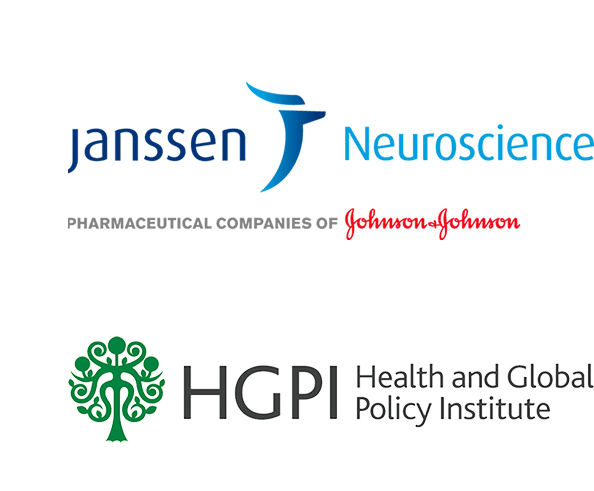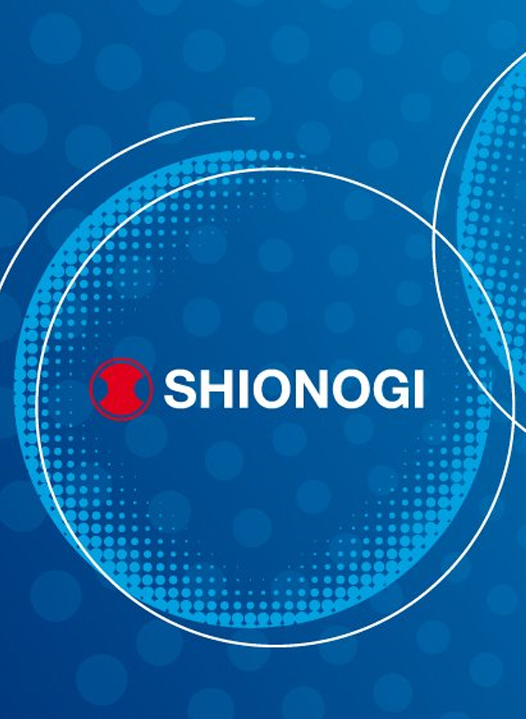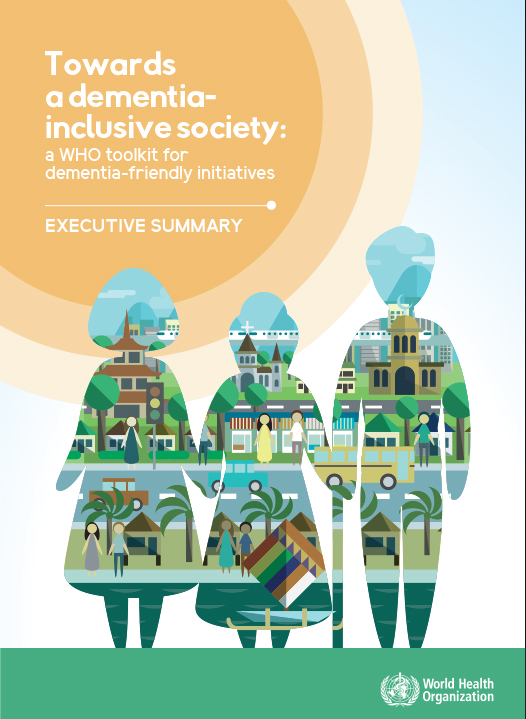-
National dementia policy frameworks
Dutch deputy prime minister and minister of health, Hugo de Jonge, addressed delegates on the need to "join hands globally" to defeat dementia. He was joined by Caroline Edwards of the Government of Australia, and Kazumi Nishikawa of the Government of Japan. The session was moderated by Ryoji Noritake of HGPI.
-
Accelerating research: innovation and partnerships
On the need for collaborative innovation through partnerships, delegates heard from Professor Sir Simon Lovestone of Janssen/J&J, Jacqueline Hoogendam of JPND, Dr Heather Snyder of the Alzheimer's Association, and Kazumi Nishikawa of METI, with response from Dr Tetsu Maruyama of the DDF.
-
Accelerating research: the role of government, academia, and industry
Within those partnerships for collaborative innovation, there are important roles for government, academia and industry to play. Delegates heard from Dr Husseini Manji of Janssen/J&J, Dr Pierre Meulien of IMI, and Dr Isao Teshirogi of Shionogi, who announced a major new partnership with Janssen and ADDF to advance access to critical data.
-
Living well: the community challenge
Alongside advances in science, global collaboration within and between civil society is crucial to positively change the lives of people affected by dementia today. Paola Barbarino of ADI, Dr Tarun Dua of WHO, Professor Martin Knapp of LSE, and Keisuke Naito of Eisai explored with delegates the progress being made in communities internationally.
The legacy of the G20 Japanese presidency


On 18 October 2019 international dementia leaders from government, academia, industry, public policy, civil society and those affected by the disease met in Tokyo, Japan, to reflect on progress made and how we can accelerate further progress towards developing treatments and improving the lives of people affected by dementia.
The Dutch Health Minister, Hugo de Jonge, told participants that we will not cope with the challenges we face as countries on our own. This global collaboration challenge, then, is one that will be solved by governments, civil society, academia, the care community and industry all working together to create new innovations, partnerships and national frameworks.
The summit underlined the progress made since the first G8 dementia summit held in London in 2013. A series of announcements were made, including a new sample sharing partnership between Shionogi, Janssen and ADDF, and the launch of the new WHO dementia-inclusive toolkit that will now be field tested. And as the health ministers made their Declaration at the end of the weekend, Japanese leadership at this year's G20 has seen nations redouble their shared commitment to tackling dementia.
The summit was hosted in partnership with Janssen Neuroscience and the Health and Global Policy Institute (HGPI).

The global collaboration challenge
The summit saw contributions in four sessions, made by individuals and organisations from right across the international dementia community.
The Government of Japan, Government of the Netherlands, and Government of Australia all participated presenting on their national challenges, dementia policy frameworks and how global collaboration and knowledge sharing could accelerate the development of treatments and improve care.
Delegates held conversations on how best to accelerate research, with Janssen, The EU Neurodegenerative Disease Research Joint Programme (JPND), the Alzheimer's Association, the Drug Discovery Fund, and the Japanese Ministry of Economy, Trade and Industry contributing thought leadership in how we can help create better partnerships and an even greater culture of innovation amongst the scientific community. Accelerating research also requires governments, academia and industry to play important roles, which was explored further by the Innovative Medicines Initiative and Shionogi.
Living well, and a better quality of life for people affected by dementia today, was also a central theme of the summit. Speakers from Alzheimer's Disease International, World Health Organization, the London School of Economics and Eisai explored with delegates the progress being made and further work to be done in communities internationally.
More about these discussions including speakers' presentations can be found further down this page.


Shionogi, Janssen and ADDF announce new sample sharing collaboration
At the summit, a new collaboration between Shionogi, Janssen Pharmaceuticals and the Alzheimer’s Drug Discovery Foundation (ADDF) was announced to create a Clinical Sample Access Agreement.
Shionogi and Janssen's partnership will provide the scientific community worldwide with access to new data and samples from a discontinued AD clinical development program through collaboration with ADDF. Shionogi and Janssen will collaborate with the ADDF to make data and samples available through the ADDF Diagnostics Accelerator — an initiative supported by Gates Ventures. More information can be found in the adjacent press release.


World Health Organization announce upcoming toolkit
The summit also welcomed the announcement of a WHO toolkit, Towards a dementia-inclusive society.
The toolkit will provide individuals working in communities with a practical guide and tools that can support efforts, including planning and implementation activities, to create dementia-inclusive societies. The toolkit will be tailored towards the needs of non-expert programme planners, managers, implementers and/or evaluators.
The WDC is working with the Alzheimer’s Society (UK), AARP (US), HGPI (Japan), as well as ADI and WHO to conduct a global evidence gathering exercise on the impact of these initiatives.